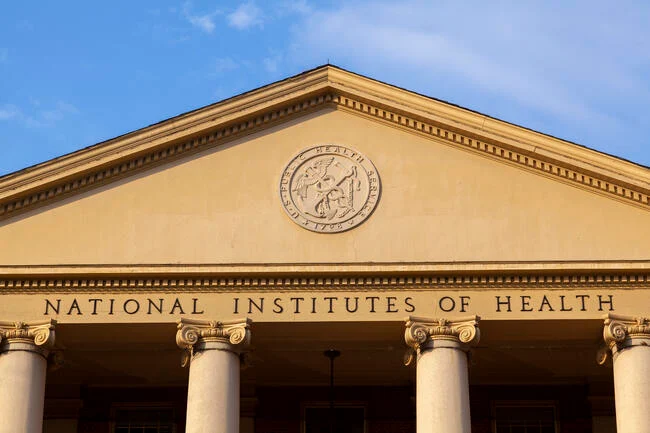Une nouvelle politique des Instituts nationaux de la santé (NIH) interdit aux universités et collèges de recevoir des financements s’ils boycottent leurs relations commerciales avec Israël.
Annoncée lundi, cette politique a renforcé les conditions d’octroi de financements aux établissements scolaires par les NIH, qui octroient des dizaines de milliards de dollars de financements pour la recherche via près de 50 000 subventions.
Elle interdit également aux établissements éligibles de mettre en œuvre des programmes de diversité, d’équité, d’inclusion ou d’accessibilité s’ils souhaitent recevoir des fonds, ce qui s’inscrit dans une offensive anti-DEI plus large menée par l’administration Trump.
LE PLUS.
The National Institutes of Health is taking steps to tie colleges’ policies to grant funding.
If colleges and universities want to receive funding from the National Institutes of Health (NIH), they’ll have to certify that they don’t operate any diversity, equity, inclusion or accessibility programs that violate federal antidiscrimination laws, under a new NIH policy announced Monday.
The change appears to codify parts of President Donald Trump’s executive orders that banned funding for DEI programs and builds on the strategy to leverage colleges’ research funding to compel certain behaviors. But the new policy goes even further than the president’s directives, barring colleges from boycotting Israel or Israeli businesses if they want to receive NIH grants. Such boycotts are rare in higher education, though calls for colleges to rethink their relationship to Israel have ramped up in the last year.
The policy change is effective immediately and applies to all new and existing grants. If a college violates the new terms, NIH could terminate the grant and require the recipient to pay back the funds. STAT News first reported on a draft of the new policy.






